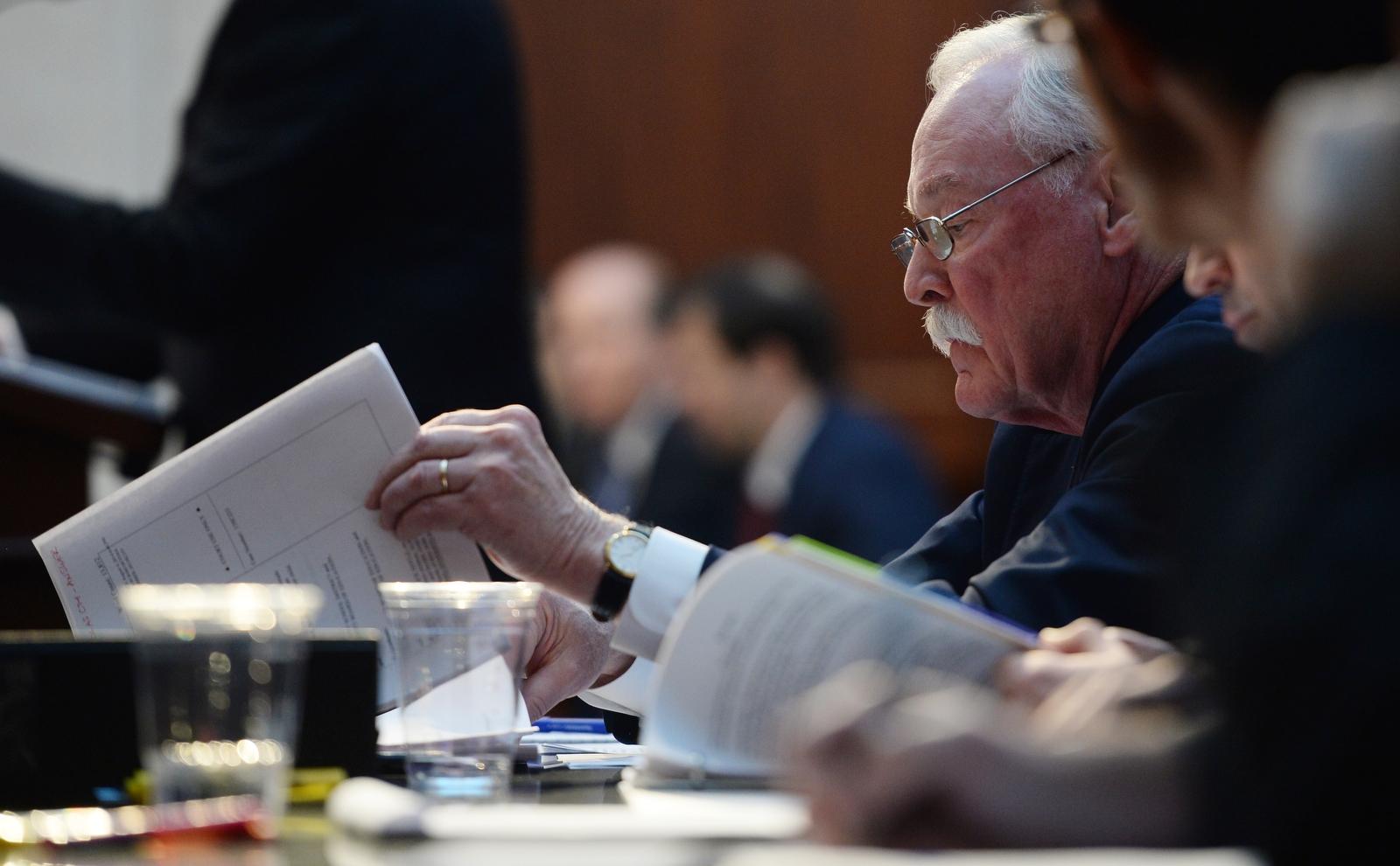
Civil liberties groups and the Douglas County school district argued at the Colorado Supreme Court Wednesday over whether the district can use taxpayer-funded vouchers for parents to send their children to private religious schools.
The legal battle began in 2011 when the district set up a pilot program that offered tuition vouchers worth about $4,600 to 500 students. The vouchers could be spent at religious and other private schools approved by the district.
Thirty-four private schools applied to participate; the district approved 23. When the lawsuit was filed, 18 of those schools were religious.
Opponents, including the ACLU, say that a school voucher program that allows taxpayer dollars to flow directly to religious schools is unconstitutional.
A lower court agreed with their position and the program was put on hold, but the Colorado Court of Appeals ruled in favor of the voucher program in February 2013.
On Wednesday, plaintiffs argued the program violated both financial and religious provisions in the Colorado constitution.
Attorney Michael McCarthy said that the program violates state law because it relies on a charter school, set up on paper only, which funnels the money to the private schools. He said that violates the law requiring that charters be public, non-sectarian, and non-religious.
“This charter school is a mirage,” he said. “This charter school has no classrooms, it has no principal, it has no text-books. It is a mirage.”
But lawyers arguing for the school district said the school meets the legal definition of a charter school.
District leaders also argued that public money isn’t going directly to private religious schools. Because parents voluntarily choose such a school, the transfer is indirect and therefore legal.
Representing the defendants, Attorney Michael Bindas, said the program was set up to hep students.
"This is a program designed to aid students, to help Douglas County families achieve the best education for their children," Bindas said.
But plaintiffs argued the program is benefiting religious institutions more than it is students. Attorney Matt Douglas said a representative from one religious school testified under oath that the only reason his school was participating was to get money to help the school’s bottom line. Defendants argued the program – if enacted – would initially siphon $3 million from the public school system.
“Parents are free to choose religious education for their children, said Douglas. “But under the plain language of the Colorado Constitution, public taxpayer money cannot fund that choice”
Defendants disagreed that the program would hurt Douglas County schools.
“It hasn’t affected the responsibility of the school district to provide a full and free, fair public education for those who choose not to be in the program,” said James Lyons, representing the Douglas County school district.
Defendants also argued that other private education programs use public funds, such as the Denver Preschool Program. In addition, the state stipend Colorado colleges get per student to help defray costs can also be used by private universities.
“All of those programs will be thrown into a chaos and certainly at a minimum placed in jeopardy” if the court decides with plaintiffs, Lyons maintained.
It’s unclear when the justices will rule on the case.








